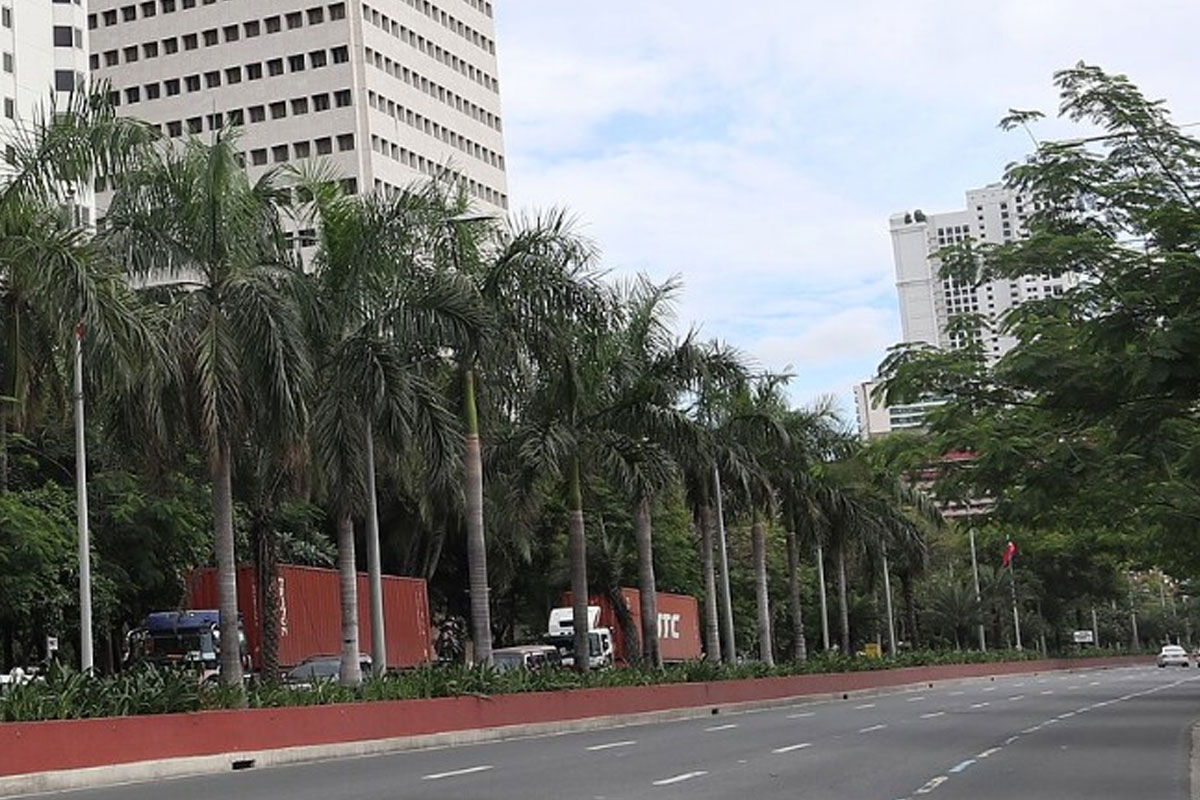
HB seeking to raise public nurses’ salary filed
QUEZON City Representative Marvin Rillo has filed a bill seeking to raise by 75 percent – from P36,619 to P63,997 – the minimum base monthly pay of nurses employed by the government.
As proposed by Rillo in House Bill (HB) No. 5276, “the minimum base pay of nurses working in public health institutions shall not be lower than Salary Grade 21 prescribed under Republic Act No. 11466, or the Salary Standardization Law (SSL) of 2019.”
“Once enacted, we expect our measure to help slow down the rapid migration of Filipino nurses to English-speaking overseas labor markets,” Rillo said on Monday.
“Our measure will also encourage a greater number of high school graduates to pursue a Bachelor of Science in Nursing (BSN) degree in college,” Rillo, vice chairperson of the House Committee on Higher and Technical Education, said.
The Commission on Higher Education (CHED) in July lifted the 10-year-old moratorium on the opening of new BSN programs amid the worsening lack of nurses, as many practitioners continue to leave the country for higher-paying jobs in the United States, the United Kingdom, and elsewhere.
Last month, the Department of Health (DOH) said public and private hospitals in the country need a total of 106,541 nurses to fill vacancies.
Rillo’s bill seeks to amend the 20-year-old Philippine Nursing Law, or Republic Act No. 9173, which fixed the floor base pay of public nurses at no less than Salary Grade 15.
Salary Grade 15 currently pays a minimum of P35,097 per month, which will go up to P36,619 on Jan. 1, 2023, once the fourth and last tranche of increases under the SSL kicks in.
Meanwhile, Salary Grade 21 currently pays a minimum of P62,449 per month, which will increase to P63,997 on Jan. 1, 2023 under the SSL.
The World Health Organization (WHO), in its State of the World’s Nursing report, previously warned that without action, “there will be a shortfall of 4.6 million nurses worldwide by 2030.”
In the Philippines, the WHO said the shortage of nurses is expected to be 249,843 by 2030, “unless greater investment is made now to retain them in the local health sector.”




















